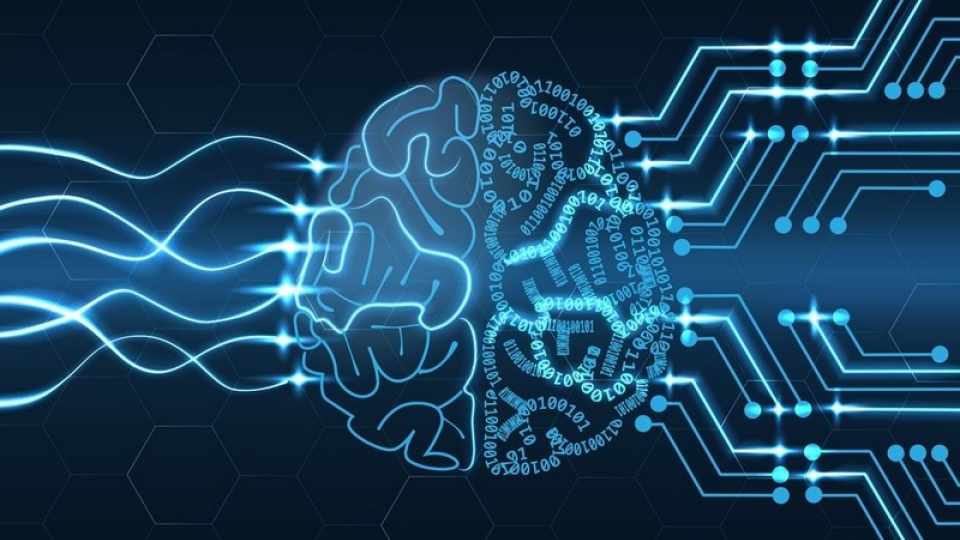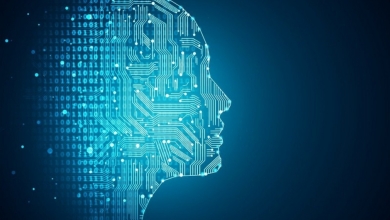AI as job creator in technology industries

Analyst Gartner reckons artificial intelligence will become “pivotal” in 2020, and that it will create more jobs than it will destroy.
The analyst says AI will create 2.3m jobs globally in 2020, while eliminating 1.8m jobs worldwide, many of them in manufacturing. It says: “2020 will be a pivotal year in AI-related employment dynamics as artificial intelligence becomes a positive job motivator.”
Gartner says the number of jobs affected by AI will vary by industry. Through to 2019, healthcare, the public sector and education will see continuously growing job demand while manufacturing will be hit the hardest. Starting in 2020, AI-related job creation will cross into “positive territory”, reaching 2m net-new jobs in 2025.
"Many significant innovations in the past have been associated with a transition period of temporary job loss, followed by recovery, then business transformation, and AI will likely follow this route," said Svetlana Sicular, an analyst at Gartner. Sicular said AI will improve the productivity of many jobs, eliminating millions of middle- and low-level positions, but also creating millions more new positions of the highly skilled and management variety, but even new ones at the the entry- and low-skilled levels.
"Unfortunately, most calamitous warnings of job losses confuse AI with automation — that overshadows the greatest AI benefit — AI augmentation — a combination of human and artificial intelligence, where both complement each other," said Sicular.
She said that IT leaders should not only focus on the projected net increase of jobs. With each investment in AI-enabled technologies, she said, they must take into consideration what jobs will be lost, what jobs will be created, and how it will transform how workers collaborate with others, make decisions and get work done.
"Now is the time to really impact your long-term AI direction," said Sicular. "For the greatest value, focus on augmenting people with AI. Enrich people's jobs, re-imagine old tasks and create new industries. Transform your culture to make it rapidly adaptable to AI-related opportunities or threats."
AI applied to non-routine work is more likely to assist humans than replace them, said Gartner, as combinations of humans and machines will perform more effectively than either human experts or AI-driven machines working alone. By 2022, it says, one-in-five workers engaged in mostly non-routine tasks will rely on AI to do a job.


